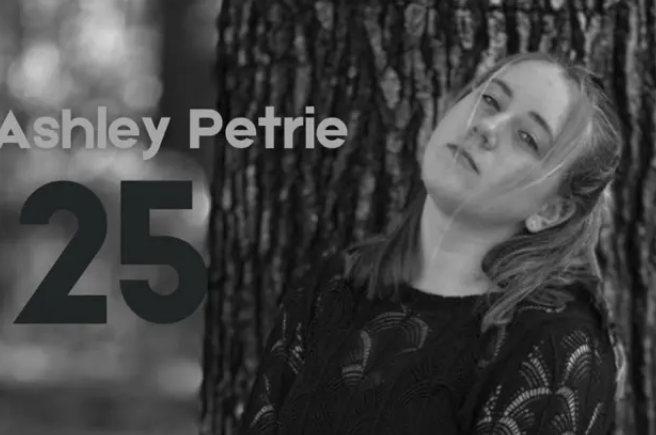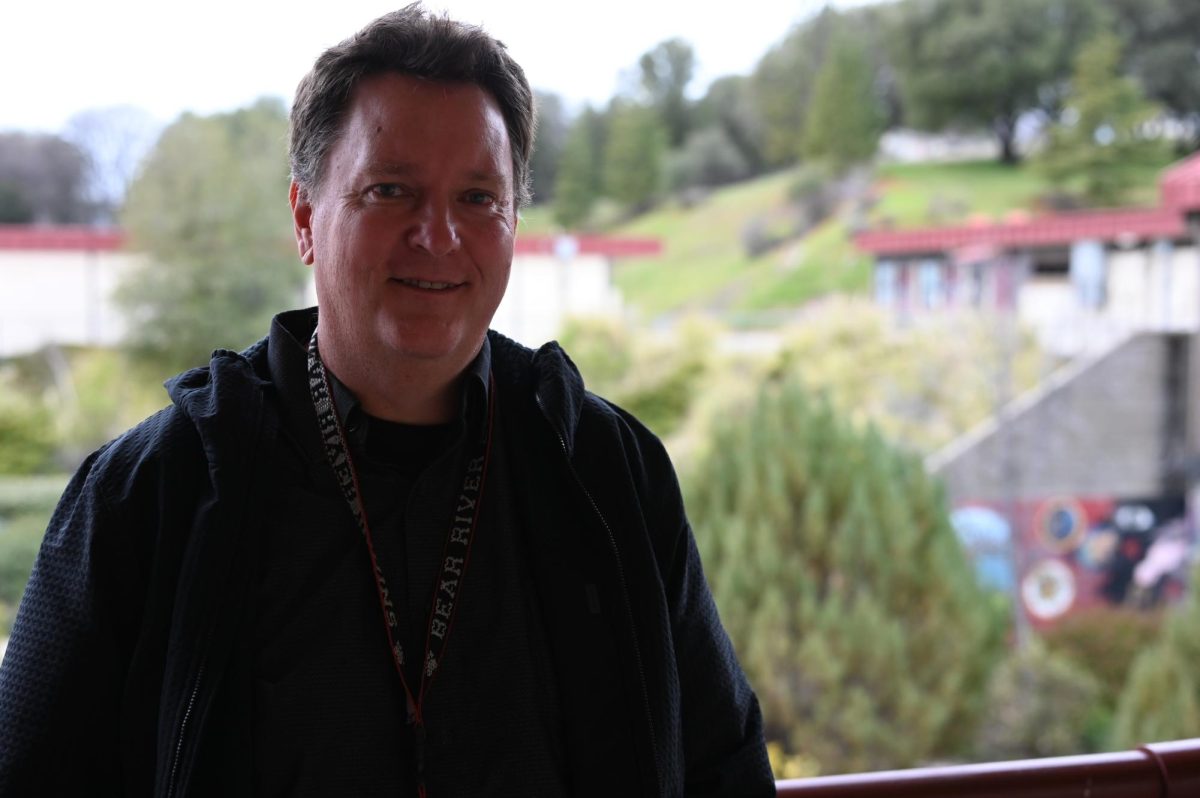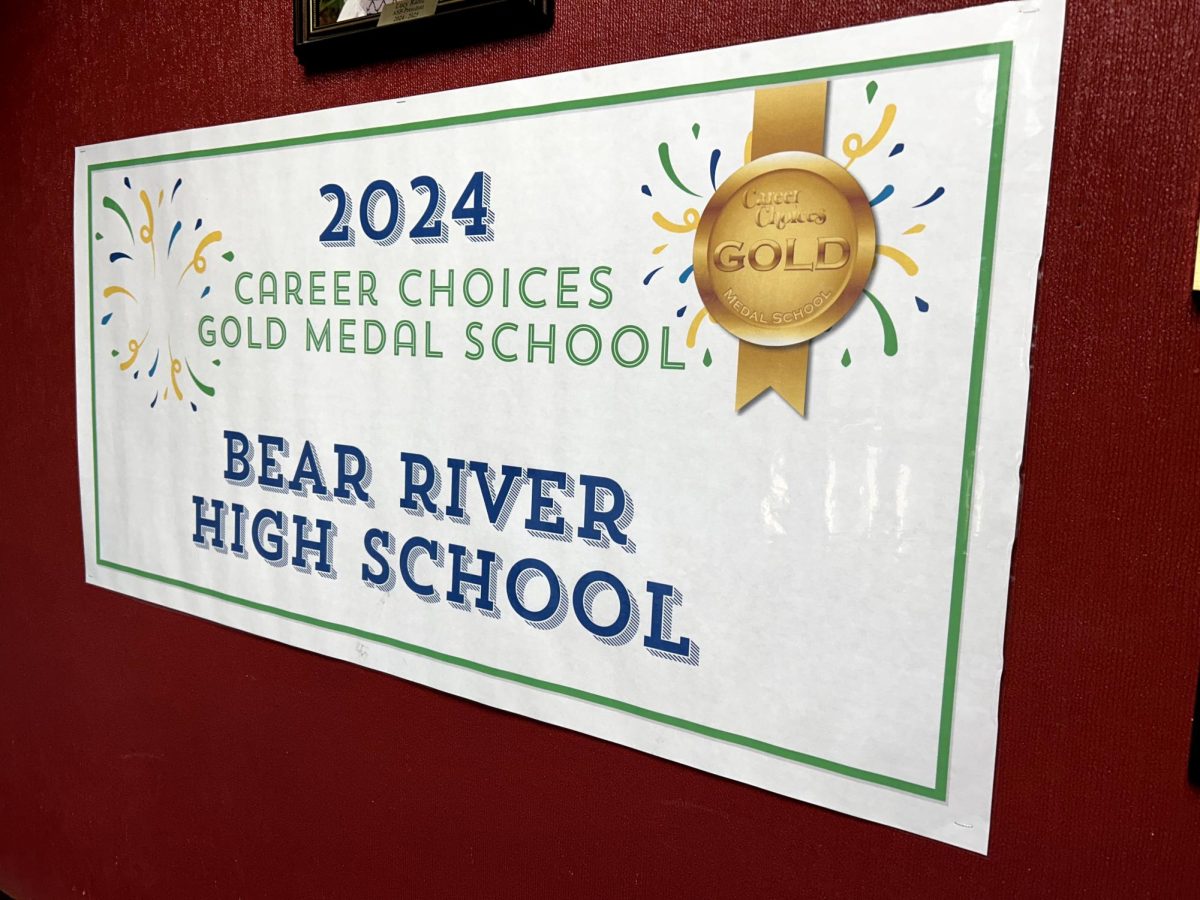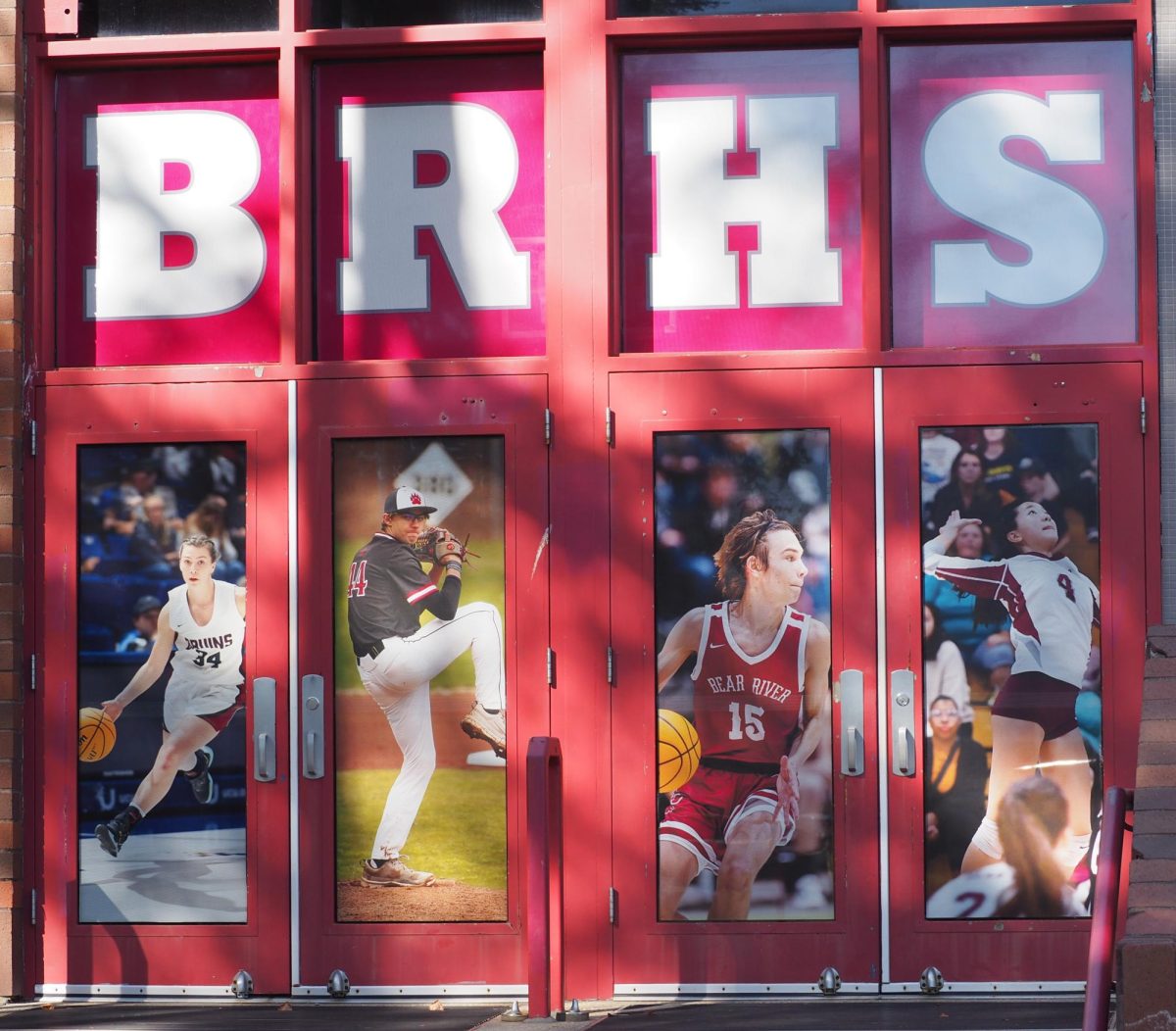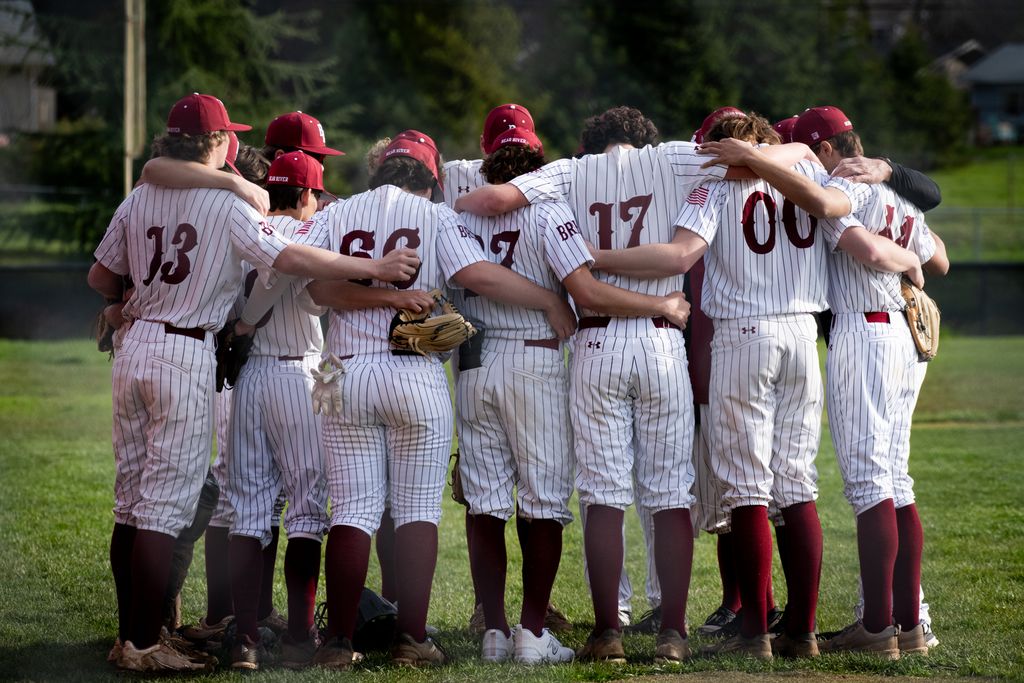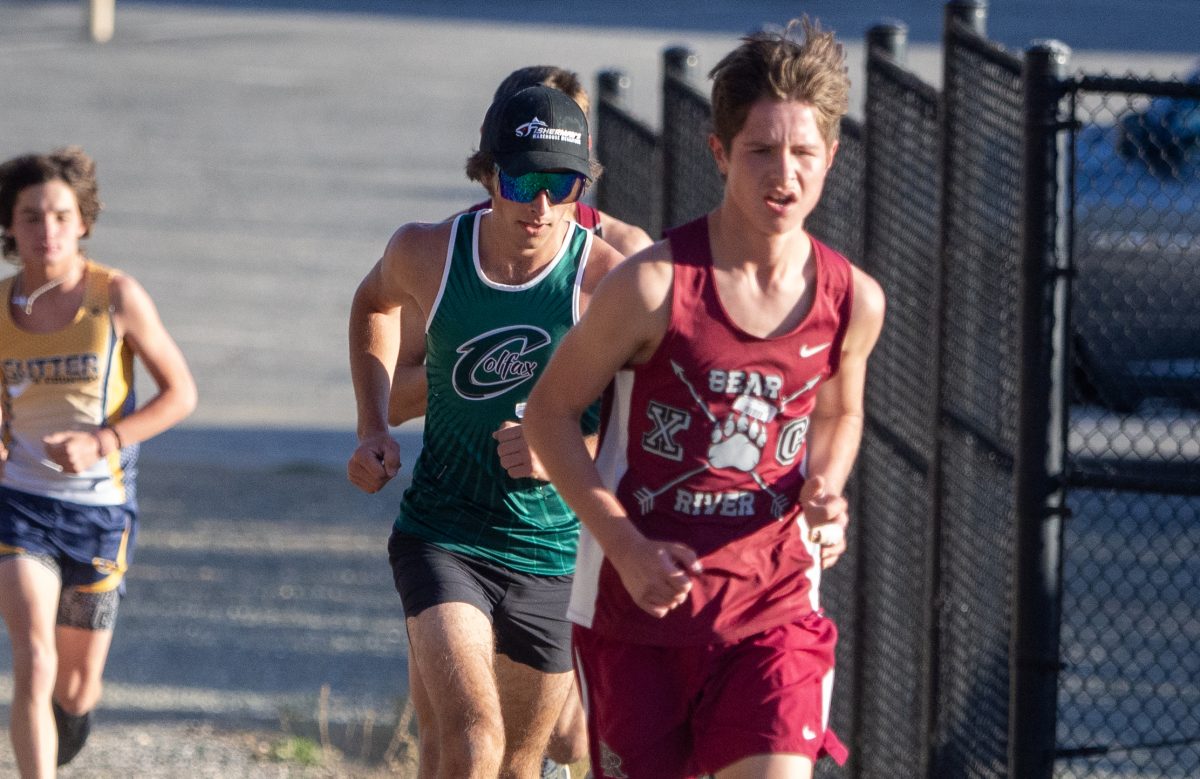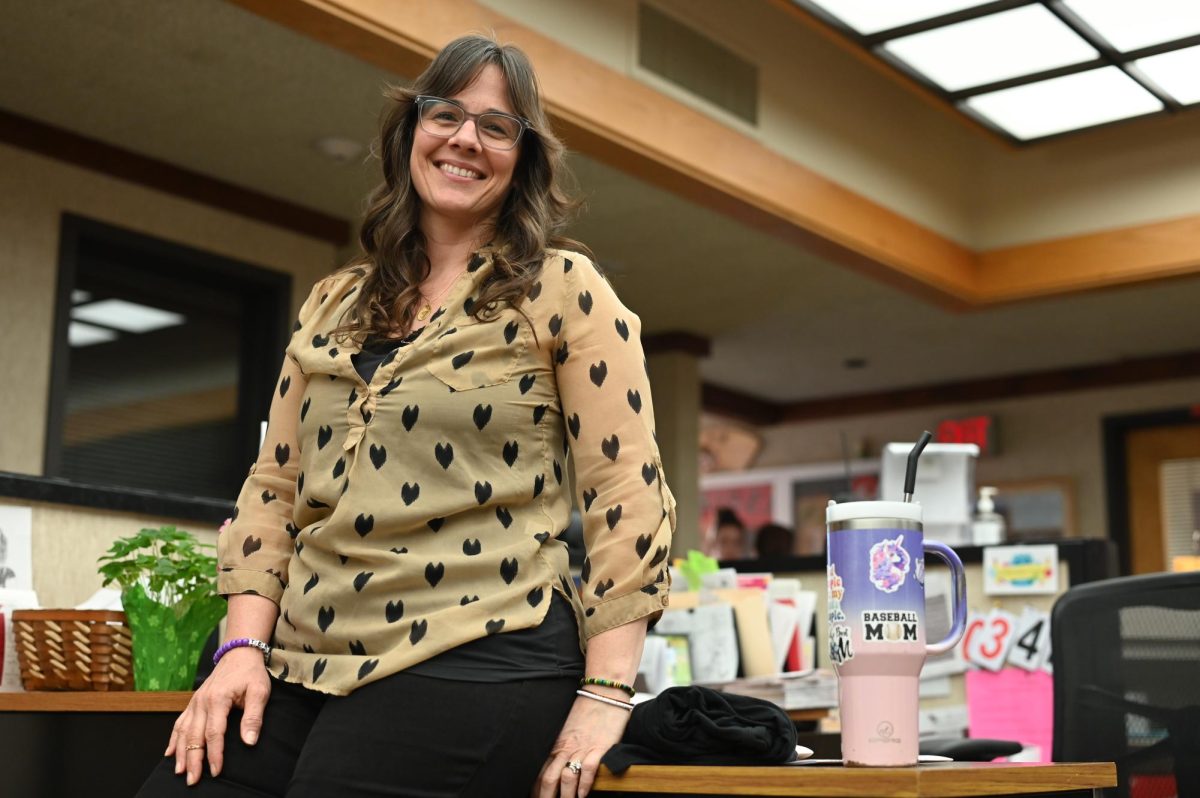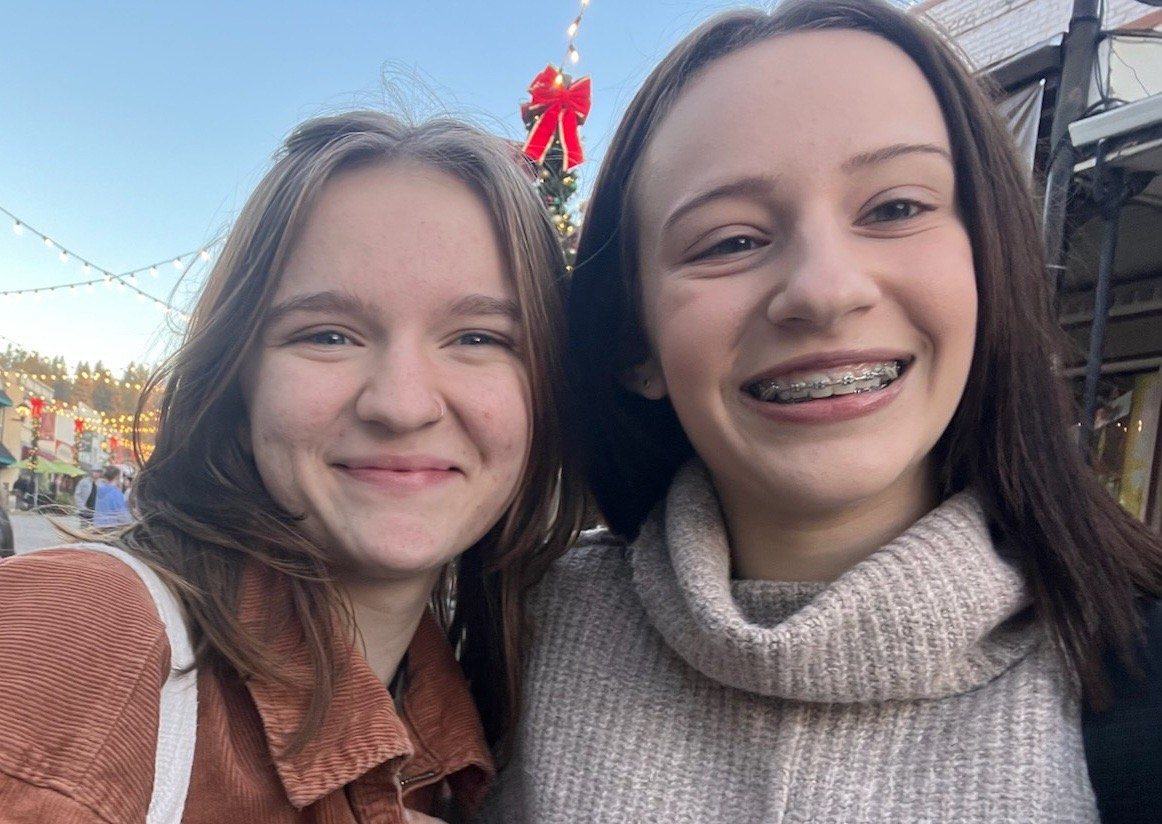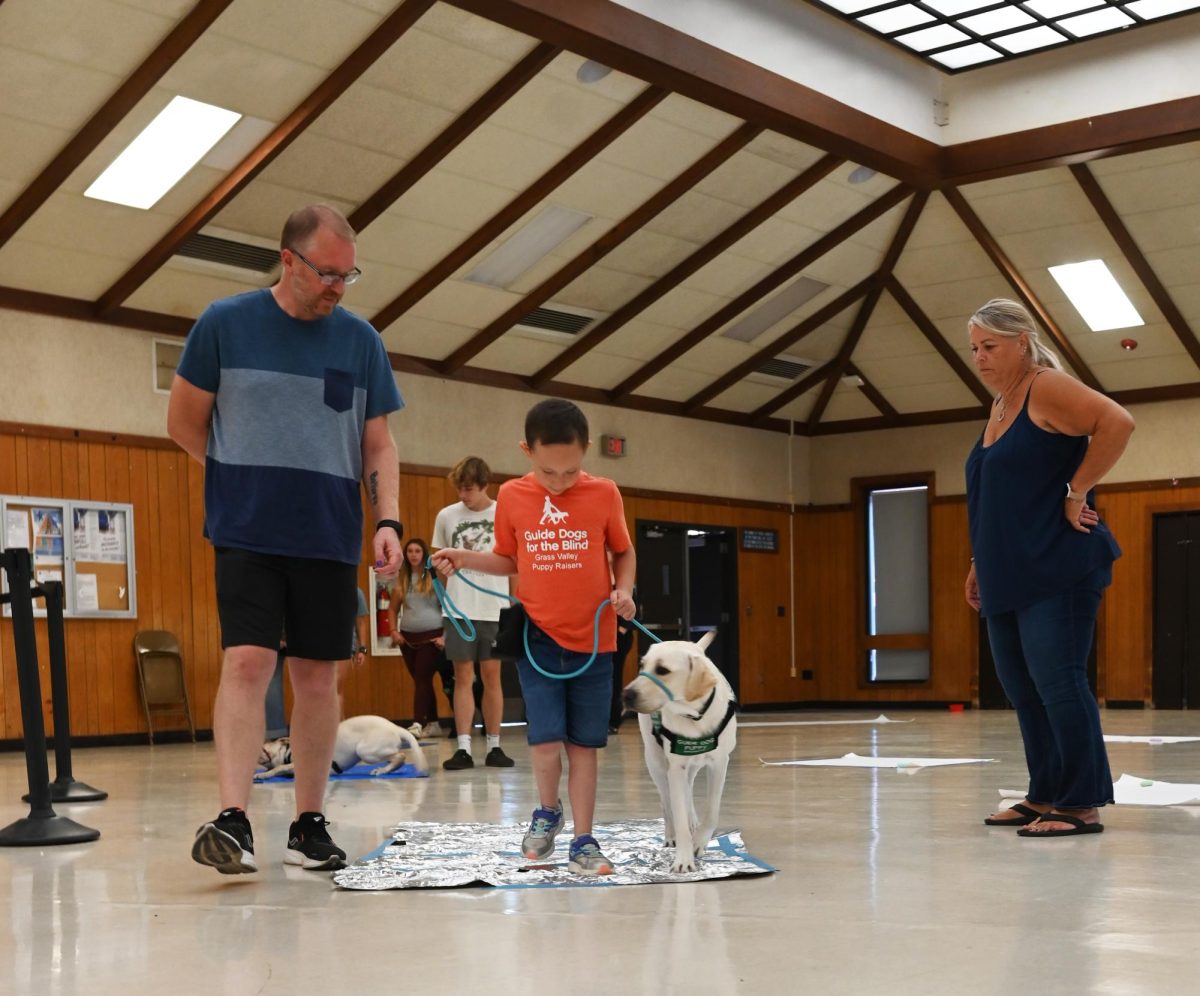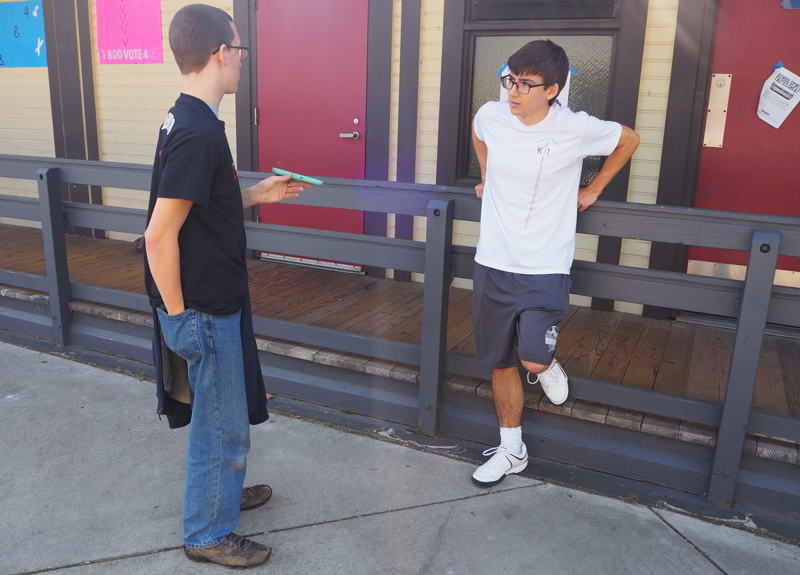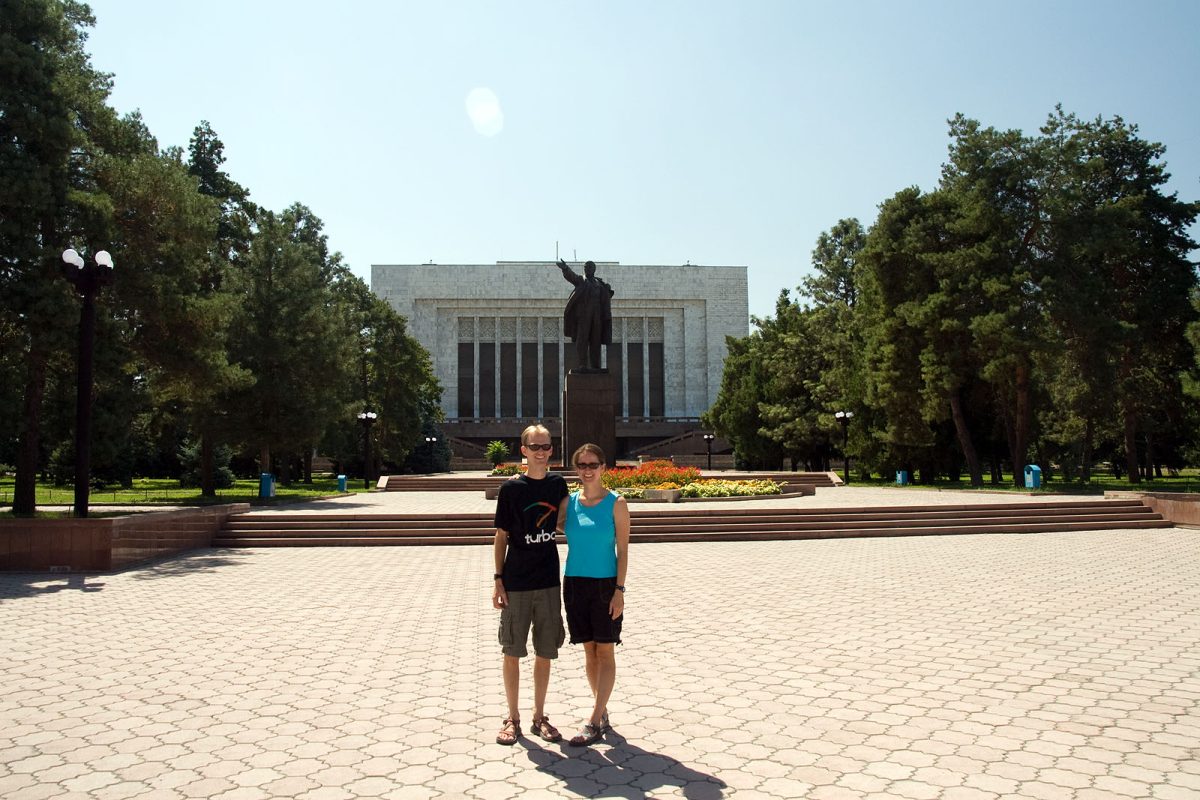Today’s world offers students more connection during a crisis than ever before, but sometimes, this just makes getting the right information even more difficult.
The internet can be an incredible tool, as Bruins are able to video chat their friends, take classes online, and catch up on the news from China, Italy, and Washington D.C. in the midst of the Coronavirus pandemic. However, this surplus of information can also be confusing, contradictory, and scary. For all the jokes teenagers are making about the situation the whole world has been thrown into, they also have legitimate fears, based on mixed information about how dangerous the virus really is.
Senior Karissa Johnson explained that her younger sister has a compromised immune system, making her significantly more susceptible to the disease.
“Yeah, I’m definitely worried about my sister because she has an immune disease,” she said. “… But other than that I’m not overly concerned [about the virus]. She’s always had it, she has infusions every couple of months, so she’s good right now.”
She described what precautions her family is taking to ensure her sister’s and all of her family’s health.
“I mean, we’re taking regular precautions like washing hands, disinfecting things, limiting social contact with big groups of people,” she said. “But past that, there isn’t much you can do. It kind of comes and goes. I think the main people it affects are the older citizens and people who have pre-existing respiratory and cardiovascular issues.”
Fellow Senior Ben Overmire talked about his family’s preparation tactics.
“We stockpiled a little bit of food, and we would have stockpiled a little bit of toilet paper but there is none to be had,” he said. “We went to Walmart and they were out, so.”
Senior Justin Roberts lives with his grandparents, and similarly to Johnson, he talked about how certain demographics of people have been told to be more cautious about COVID-19.
“I am worried about specific people in my family,” Roberts said. “It’s mainly my grandparents, because they are older and so far from what I’ve understood the coronavirus tends to be really deadly for elderly people because of course they have weakened immune systems, and I love my grandparents to death, so I do worry for their safety.”
He described his family’s approach to protecting their loved ones.
“Generally try not to travel too much,” he said. “I mean, that’s kind of hard because many people like to travel, but just try to reduce the level of travel to local areas.”
At first, this idea of ‘social distancing’ was just a friendly suggestion in an attempt to prevent high numbers of infections in the United States. However, on Thursday March 19, the Governor of California, Gavin Newsom, issued a Stay at Home order to the almost 40 million residents of the state. This put a more official backing behind the idea of staying home unless your job is ‘essential,’ or you have to complete other tasks such as buying groceries or taking your pet for a walk. In short, social distancing means avoiding large group gatherings, and keeping your distance from others when you do have to venture outside.
While many health organizations have reported that teenagers are at much lower risk for contracting the disease, and especially for complications related to the disease, it is still important for young people to practice social distancing to the best of their ability. According to health experts, youth who are asymptomatic or only mildly symptomatic can still be carriers of the disease and spread it to more susceptible people if they do not adhere to health guidelines.
Governor Newsom explained that this doesn’t mean that it’s a bad idea to get outside for a walk, or stock up on groceries, but rather that families should stay at home the majority of the time.
Science Teacher Peter Gammelgard explained his view of the social responsibility of Bruins during the pandemic.
“I think that we as residents of Earth need to trust the data and the recommendations made by people who study it every day, and even though high schoolers and even myself, we’re in the population that has a very low risk of serious illness, we have a moral obligation to minimize the tragedy that would be widespread serious infection,” he said. “… This is a situation where the American psyche, which is ‘me, me, me,’ might in fact be a huge downfall, because people are like, well, I’ll be fine, but what about the link from one person, to the next? …Otherwise, we could perhaps slow it, and then the healthcare system isn’t overwhelmed, and people who do need treatment would be able to get it.”
Science Teacher Cassandra Frieden also recommended observing data for yourself to draw conclusions, and suggested the World Health Organization and the Center for Disease Control as good sources of accurate and easy to understand information.



